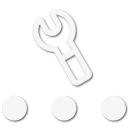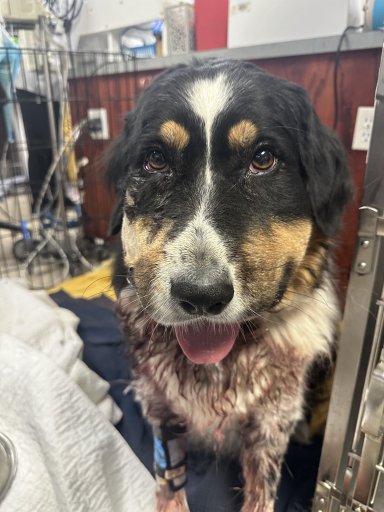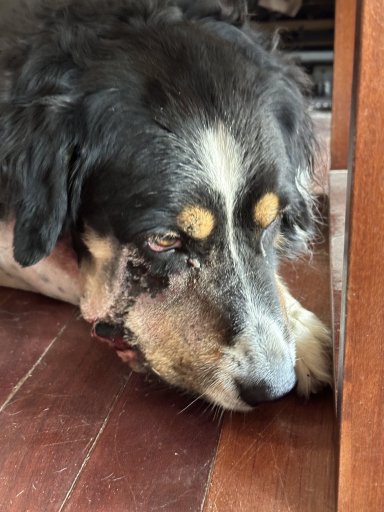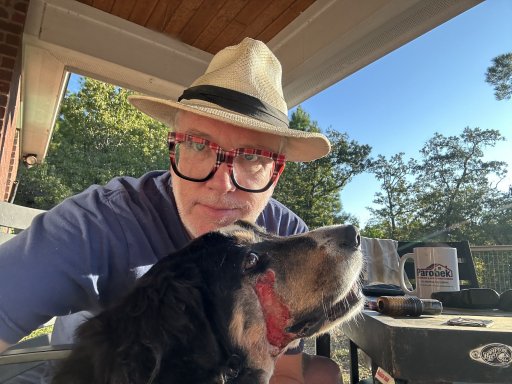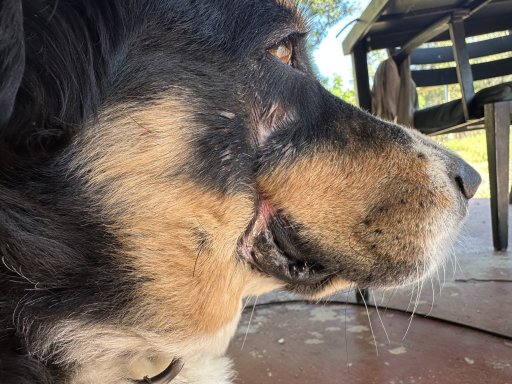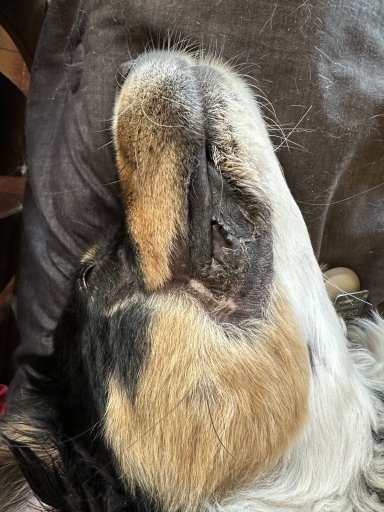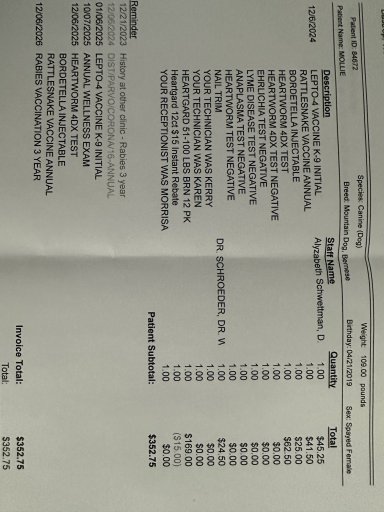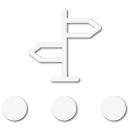
Trail Blazer III
- 4,847
- First Name
- Dave
- Last Name
- Ballard
- Member #
-
20527
- Ham/GMRS Callsign
- N7XQP
- Service Branch
- Fire/EMS/SAR
It's an Australian acronym used for emergency situations to ensure safety and proper application of aid, basically a expanded version of the North American ABC's (Airway/Breathing/Circulation)Interesting info. Whats DRSABCD stand for?
Thanks
D = Danger, make the scene is safe before you approach (fire/down wires/active shooter etc)
R = Response, determine if the patient is responsive (responds to voice, touch etc.)
S = Send for help
A = Airway, make sure the patient can breathe (takes priority over any injuries)
B = Breathing, check for breathing, try to reestablish an airway and if still not breathing move on to C
C = CPR (North America uses Circulation) find out if the patient has a heartbeat and give CPR if needed
D = Defibrillator, if available apply an automatic defib machine
both acronyms are a good way to remember the basics in a stressful situation when people are not used to giving aid.

